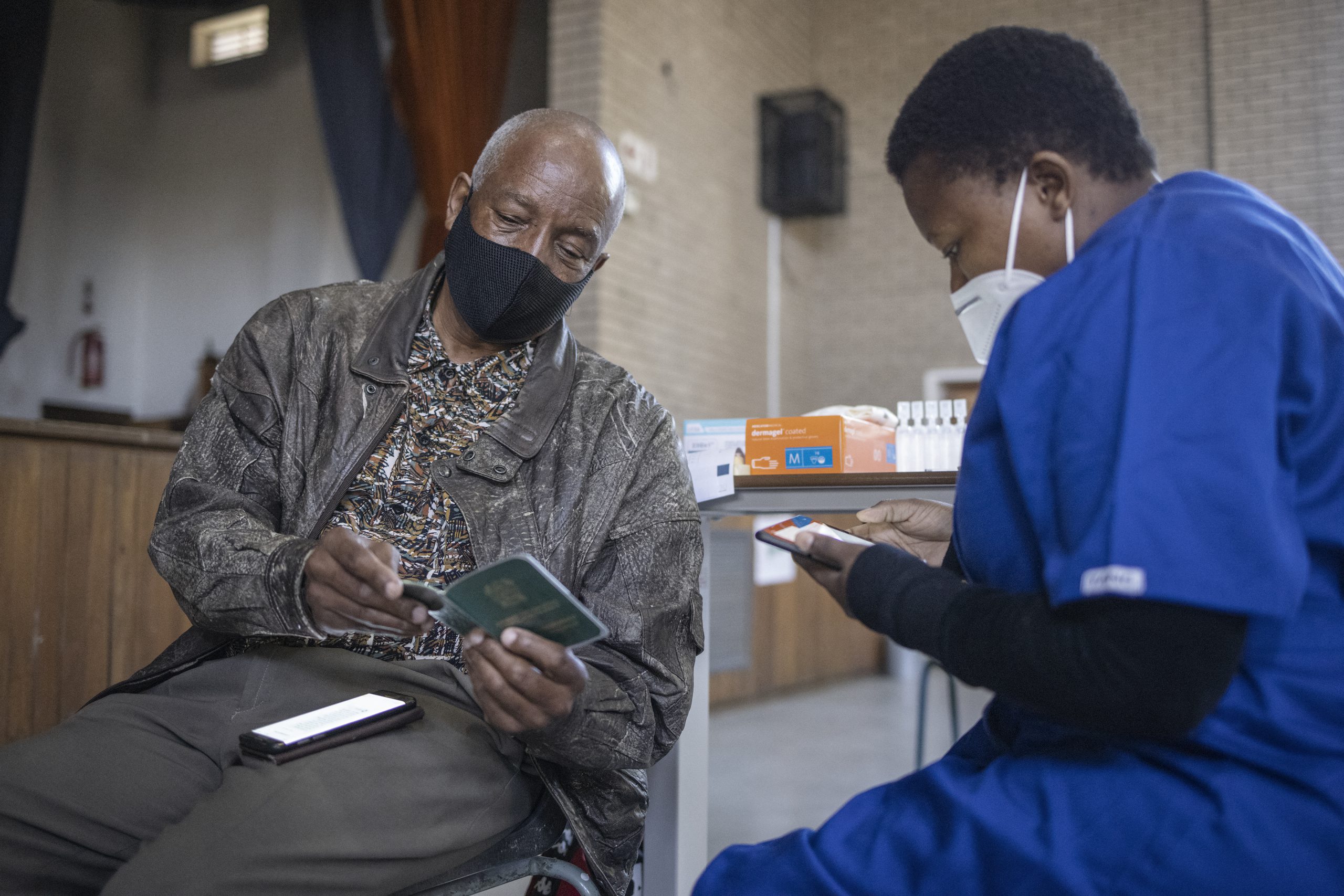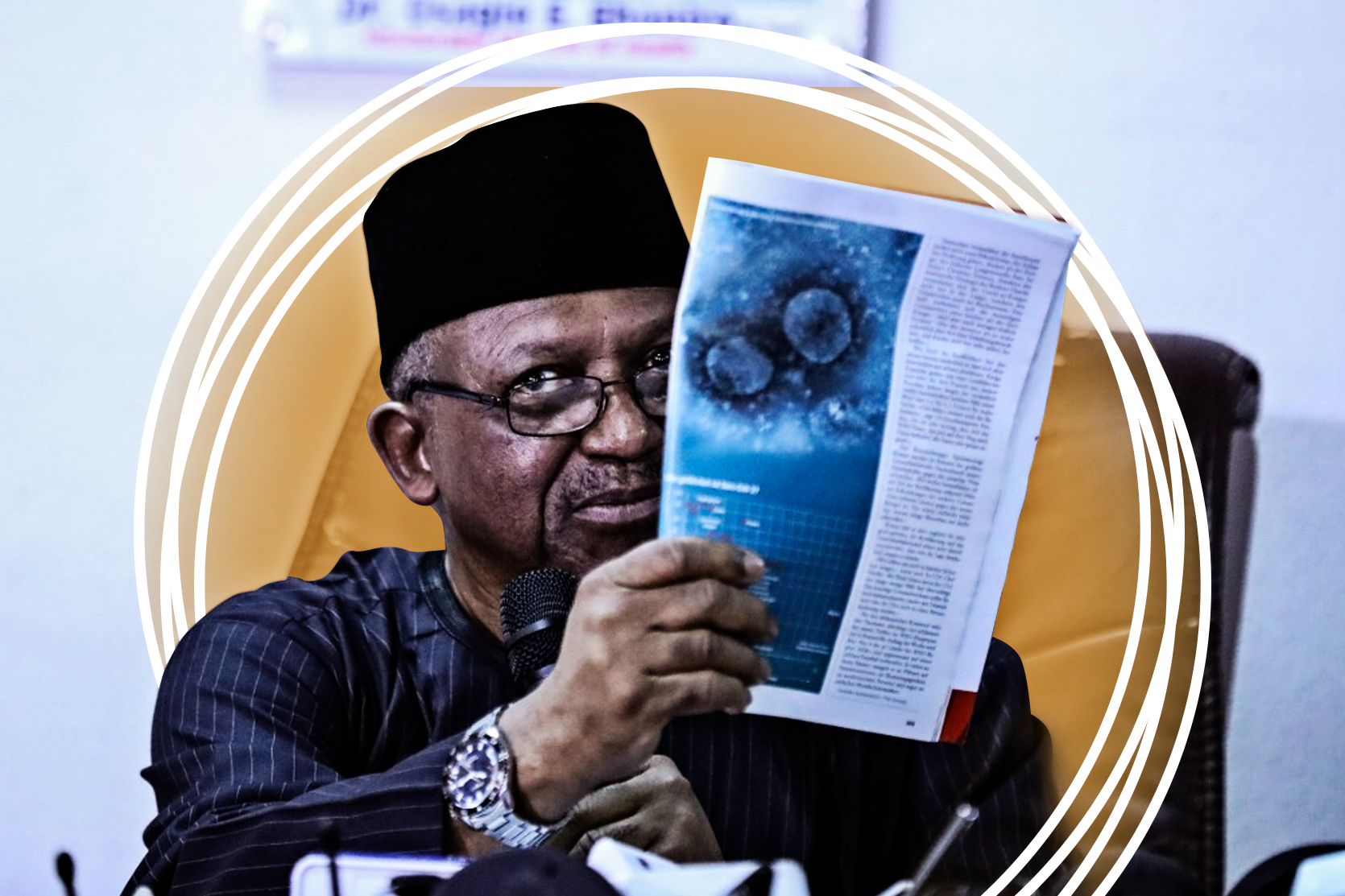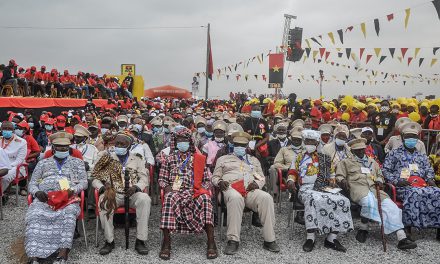Since the launch of the African Union (AU) on July 9, 2002, the AU has made significant contributions to the development of the African continent. The goal of cultivating a prosperous and peaceful African continent is still being pursued. As we commemorate Africa Day, it is an opportune moment to reflect on some of the accomplishments and challenges of the AU since its inception.
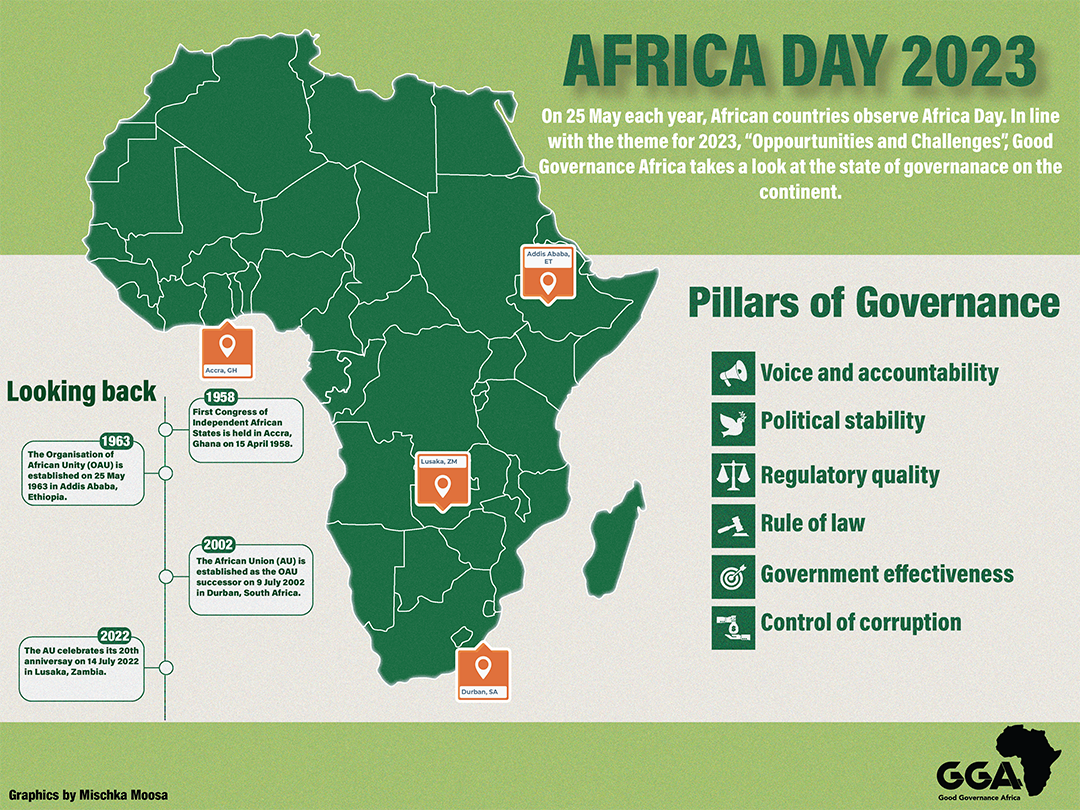
Successes
Agency
Thanks to the AU, Africa has grown into a regional bloc with institutional development second only to the European Union. This regional bloc has successfully introduced a united African voice and shared vision for the continent’s future. Peace and security, economic development and trade, climate change, and health challenges have all been placed on the AU’s agenda, ensuring collective approaches among its Member States.
African Continental Free Trade Area
The African Continental Free Trade Area (AfCFTA) is one of the pillars of Agenda 2063: The Africa We Want, the AU’s long-term development plan to make the continent a global economic force by removing trade barriers and promoting intra-African trade. The successful implementation of AfCFTA has the potential to lift 30 million people out of extreme poverty.
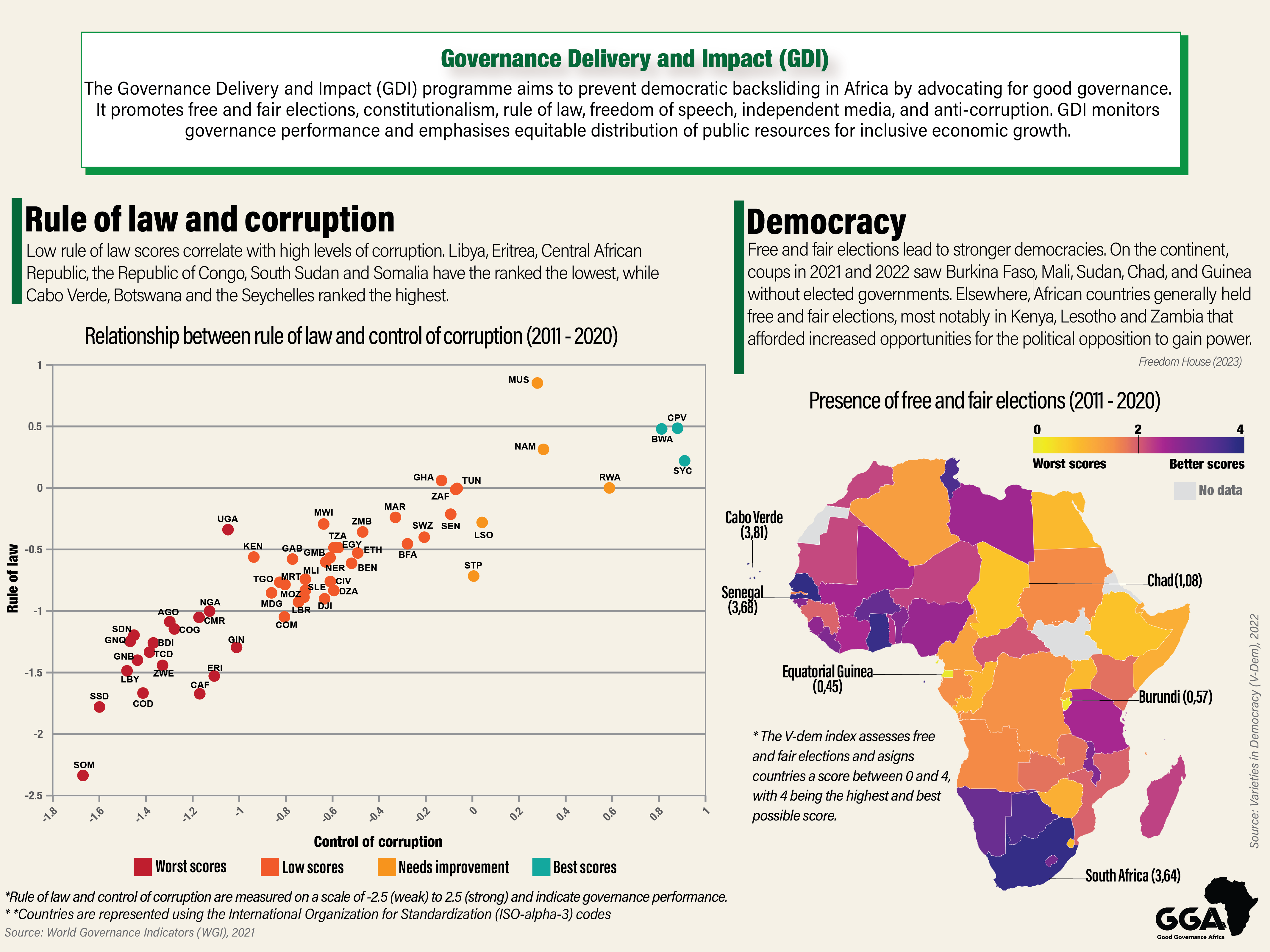
Challenges
Continued acts of unconstitutional changes of government
Over the years, the AU has faced criticism for delays in responding to unconstitutional changes of government, particularly coups in Africa. This contrasts with its previous strong stance against military administrations. The frequency of coups on the continent reflects a lack of democracy, which goes against the founding principles of the AU. The AU must enhance its support for democracy while enacting more robust resolutions to address unlawful and undemocratic government changes.
Lack of engagement with civil society
The AU has also been criticised for insufficient consultation with civil society stakeholders of Member States. Engagement with civil society would promote better accountability and provide citizens with a sense of ownership, bridging trust deficits.


